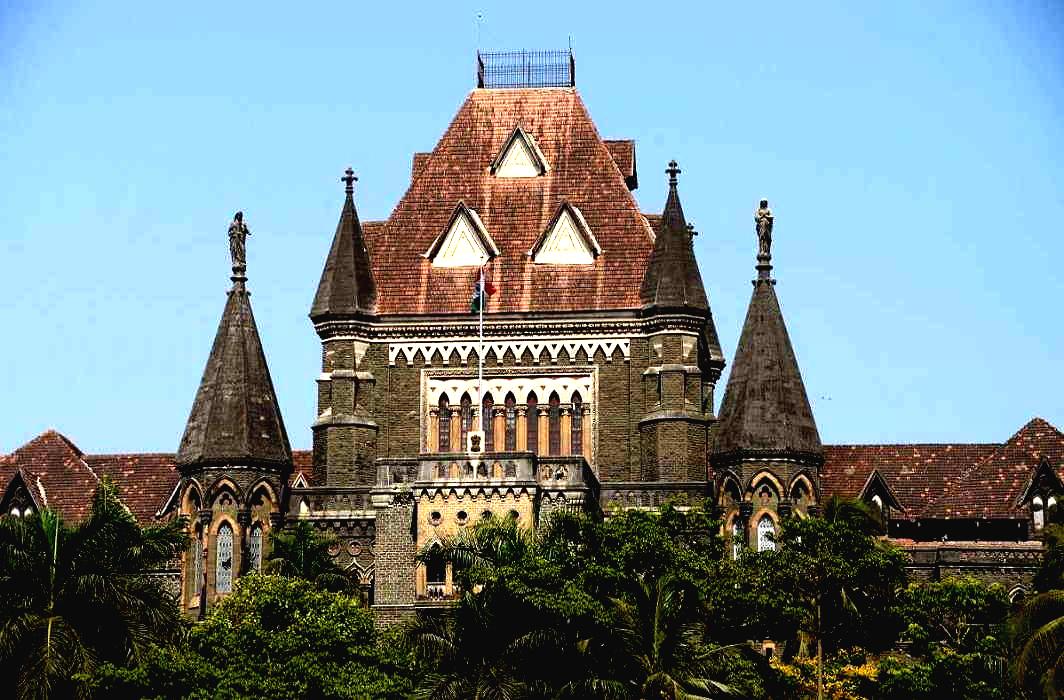Synopsis: The High Court ask such questions while finding out that a gag order was not requested by the PILs but only for accountable journalism.

On Thursday, the Bombay High Court asked if it was the duty of the media to provide an investigative agency with advice on how it could conduct a probe.
The remark was made during the hearing of Public Interest Litigation (PILs) against the ‘media trial’ in the death case of actor Sushant Singh Rajput, by a bench of Chief Justice Dipankar Datta and Justice G S Kulkarni.
“Is it the media’s role to inform the investigative agency? It is the responsibility of the investigating officer (in the probe) to use his mind,”the court said.
Such statement was been made by the judges when advocate Malvika Trivedi, representing a news channel that has been made a respondent, opposed senior counsel Aspi Chinoy’s claims, the lawyer for a group of former police officers who filed one of the PILs alleging that in the Rajput case, the Mumbai police were being maligned by the media.
Trivedi said that no gag order on reporting could be issued. “How can the position of the media be drawn from organised lines? What about the situation with Hathras? The role of the media in the case is not important?”
The court pointed out that a gag order was not requested by the PILs, but rather for responsible journalism. The bench said that the respondent counsel claims that the media should not interfere in investigations or announce who is guilty or who is not.
Advocate Chinoy argued that the press should not prejudge the guilt of anyone, particularly news channels, and pointed out a ‘hashtag’ campaign run by a news channel calling for the arrest of Rhea Chakraborty in the Rajput case. “It is not the role of the news channel to settle on the guilt of someone, or to build a feeling of guilt or to suggest detention,” he argued.
When a channel said “arrest x” in a pending investigation, it crossed all lines, added Advocate Chinoy. Although the Press Council of India has guidelines for the print media that caution against assigning guilt during the ongoing investigation, there are no channel guidelines, he said.
The HC questioned if any directives about the complaints received against news channels had been passed by the News Broadcasting Standards Authority (NBSA).
Advocate Nisha Bhambhani, the lawyer of the NBSA, claimed that most grievances were heard and” an apology from news channels was sought.
“Apology is necessary,” the court ordered.
Bhambhani said the NBSA would, if necessary, submit guidelines. But advocate Rajesh Inamdar, another petitioner’s counsel, pointed out that the majority of news channels were not NBSA members.
The court then sought a response from the Union government on the issue and adjourned the hearing.
Rhea Chakraborty, who faced an abetment of suicide case in connexion with the death of her boyfriend Sushant Singh Rajput, was granted bail in a drug case related to the matter by another bench of the High Court on Wednesday.

